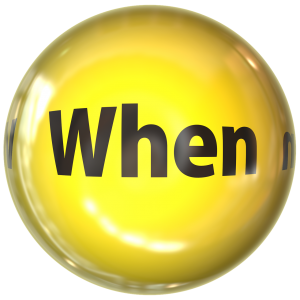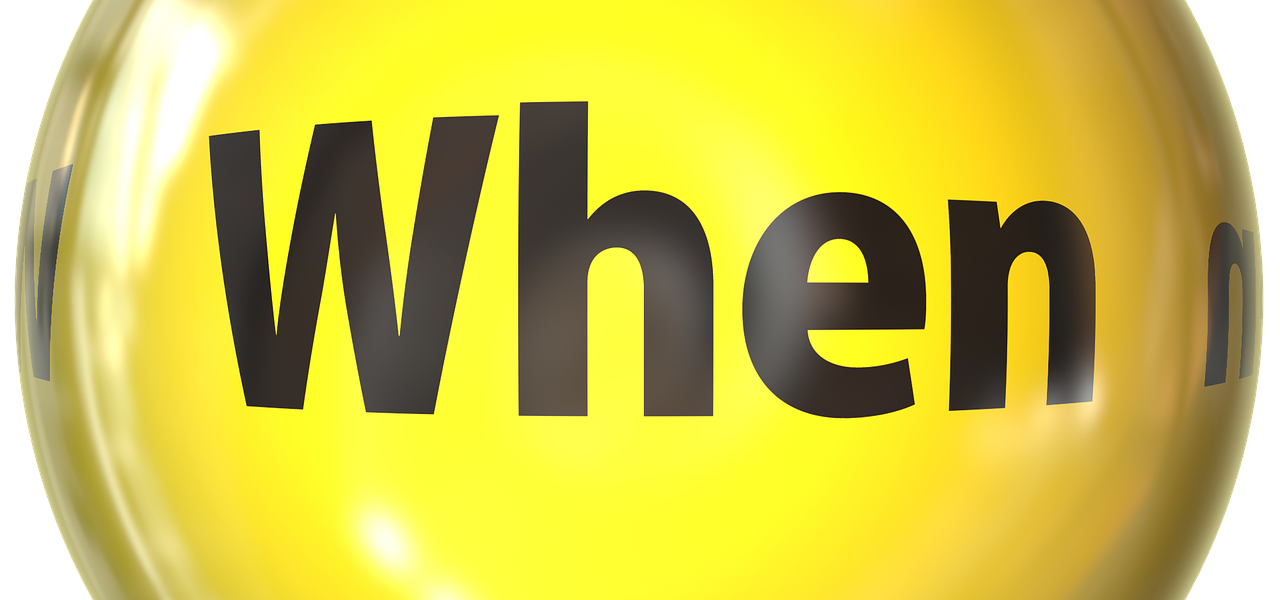 So I finished Daniel Pink’s new book, When: The Scientific Secrets of Perfect Timing. It was an eye opening book and I have decided to blog through some of the important things I found.
So I finished Daniel Pink’s new book, When: The Scientific Secrets of Perfect Timing. It was an eye opening book and I have decided to blog through some of the important things I found.
Beneath the surface of our everyday life is a pattern. Across all countries and nationalities, a daily pattern of mood exists: active, engaged, hopeful in the morning. It then plummets in the afternoon, but rises back up in the evening. So if you want to get something done, you need to pay attention to the when as much as the what.
You see, time impacts the brain. How? Well, our cognitive abilities do not remain static over the course of a day. During our time awake, they change, usually in a regular pattern. During different times of the day, we are smarter, more creative, faster, slower, less creative…you get the picture.
Second, the fluctuations are more extreme that we realize. The “performance change between the daily high point and the daily low point can be equivalent to the effect on performance of drinking the legal limit of alcohol,” according to Russell Foster, a neuroscientist and chronobiologist at the University of Oxford. Wow! How productive and thoughtful are you when you’re drunk?
Finally, how we do depends on what we’re doing. The best time to perform a particular task depends upon the type of task you’re trying to perform. And all that depends on your chronotype.
A chronotype is a personal pattern of circadian rhythms that influence our physiology and psychology. Some people are night owls. Some are early risers and some of our more in-between.
If you are an early riser, analytical problems are best solved in the morning with insight problems later in the day. If you’re a night owl, those are reversed.
Why do we solve insight problems later in the day? It’s called the Inspiration Paradox. Innovation and creativity are greatest when we are not at our best, at least with respect to our own daily rhythms. However, “our best performance on challenging, attention-demanding tasks – like studying in the midst of distraction – occurs at our peak time of day. When we operate at our optimal time of day, we filter out the distractions in our world and get down to business.”
So we need our type, the task we’re trying to accomplish, and the time we start on the task to align. We we get that, we get maximum productivity and effect.

